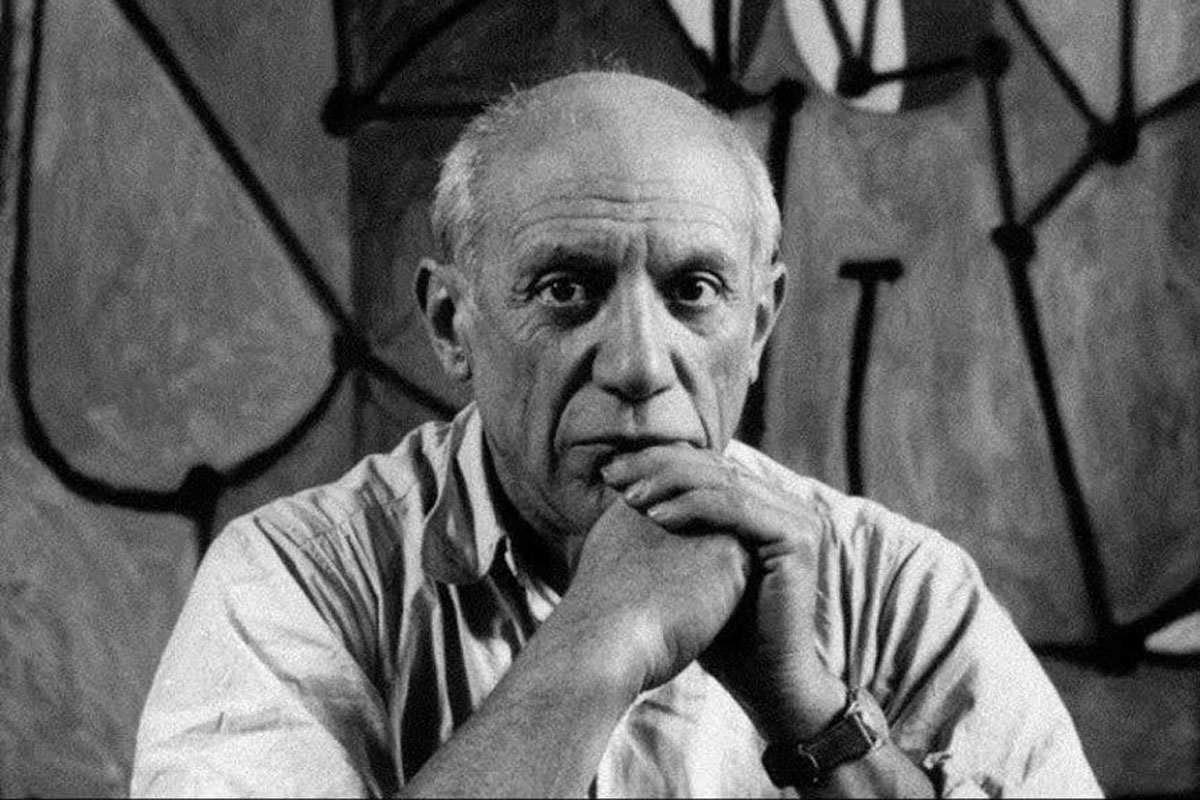This series of articles seeks to examine the character attributes of highly successful leaders, regardless of their adherence to a strong faith or moral standard. In presenting these thoughts, Leadership Ministries is not agreeing with or advocating these traits or practices, but rather presents these as ideas for discussion and development in your own leadership journey.
Dietrick Bonhoeffer (1906-1945) was a German Lutheran pastor, theologian and anti-Nazi dissident. He was vocally opposed to Hitler’s genocide of the Jews, and ran “underground seminaries” during the war, educating students on the evils of the Nazi regime. In 1943 he was imprisoned by the Gestapo. Bonhoeffer was executed in the spring of 1945 at Flossenbürg concentration camp, just a month before the war ended. He is the author of The Cost of Discipleship, considered a modern classic.[1] His statue is one of ten modern Christian martyrs which stands above the West Door to Westminster Abbey in London.
Stand for what you believe in. Dietrick was a smart student, learning to play the piano at age 8 and was composing songs by age 11. He decided to pursue theology at age 14, taking Hebrew in school and attending evangelical meetings. He completed his Doctor of Theology degree at age 21, graduating summa cum lauda. Dietrick went on to lecture and learn at Union Theological Seminary in New York, and teach systematic theology at the University of Berlin. He was ordained at age 25 at Old-Prussian United St. Matthew church in Berlin. He was offered a pastorate at the historic Zionskirche, built on the highest hill in Berlin—but there was a catch.
Hitler and the Nazi’s had risen to power in 1933. Dietrick immediately recognized the Nazis as an idolatrous cult, and began speaking out in opposition to Hitler’s regime. A group called the German Christians (Deutsche Christen) began to promote the Nazification of German Protestantism through the creation of a pro-Nazi “Reich Church.” The German Christians wanted Protestantism to conform to Nazi ideology, and they pushed for the implementation of the state “aryan laws” within churches.[2] Dietrick refused to accept these new laws, and instead formed the Confessing Church in 1934, a group of dissident Christian leaders who aimed to preserve bible-based beliefs and practices.
Do what you can from where you are. Bonhoeffer began an underground seminary to teach orthodox Christian beliefs and expose Nazi idolatry. His authorization to teach publicly was revoked in 1936, and in 1938 the Gestapo (secret police) banned him from Berlin entirely. He then traveled from village to village conducting a “seminary on the run” and supporting pastors of small German churches. In 1940 his underground seminary was shut down. The war began, and in 1941 Bonhoeffer was forbidden to speak in public, or to print or publish. He joined the Abwehr, or German intelligence service, where he was able to smuggle information to the allies, and also learned the full extent of the Nazi genocide against the Jews.
During the time he was imprisoned, Bonhoeffer shared his faith with guards and other prisoners. One guard offered to help him escape, but Dietrick declined, believing the guard’s family and others in the prison, and his own brother Klaus, would be tortured or killed by the Gestapo if he were to escape. Instead, he wrote letters which were smuggled out by guards and visitors, and made their way to underground church leaders in Germany. Later these were collected into a book which was published posthumously, entitled Letters and Papers from Prison.
Realize the cost of discipleship. Bonhoeffer’s book, The Cost of Discipleship, is titled Nachfolge (or Following) in the original German. Dietrick spells out the high cost of following Christ, centered on an exposition of the Sermon on the Mount (Matthew 5-7). He speaks against a belief in cheap grace, which emphasizes the benefits of following Christ while ignoring the responsibilities. Instead, Bonhoeffer bids the Christian to understand costly grace, writing:
“Such grace is costly because it calls us to follow, and it is grace because it calls us to follow Jesus Christ. It is costly because it costs a man his life, and it is grace because it gives a man the only true life. It is costly because it condemns sin, and grace because it justifies the sinner. Above all, it is costly because it cost God the life of His Son: ‘you were bought at a price,’ and what has cost God much cannot be cheap for us. Above all, it is grace because God did not reckon his Son too dear a price to pay for our life, but delivered Him up for us. Costly grace is the Incarnation of God.”[3]
His words are more impactful considering that he wrote them from within Germany at the height of Nazi power. Bonhoeffer’s life and death were a poignant illustration of The Cost of Discipleship. Bonhoeffer offers insight into a disciple of Christ, who must contend with suffering, writing,
“The cross is laid on every Christian. The first Christ-suffering which every man must experience is the call to abandon the attachments of this world. It is that dying of the old man which is the result of his encounter with Christ. As we embark upon discipleship we surrender ourselves to Christ in union with his death—we give over our lives to death. Thus it begins; the cross is not the terrible end to an otherwise god-fearing and happy life, but it meets us at the beginning of our communion with Christ. When Christ calls a man, he bids him come and die.”































Orville and Wilbur Wright were two American aviation inventors who are credited with the world first successful airplane. They made their first controlled flight in December 1903 in Kitty Hawk, North Carolina.